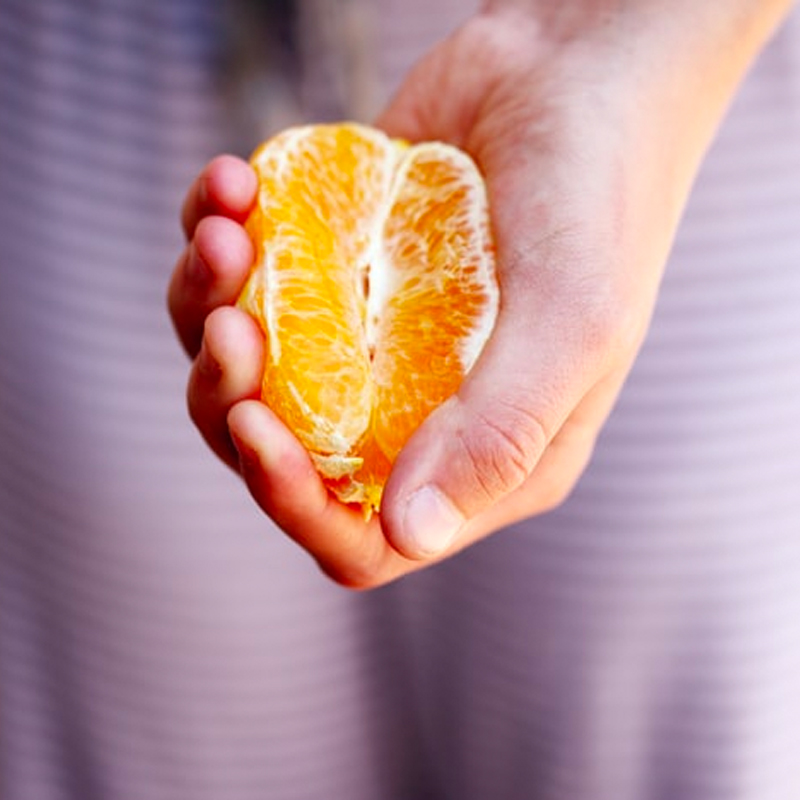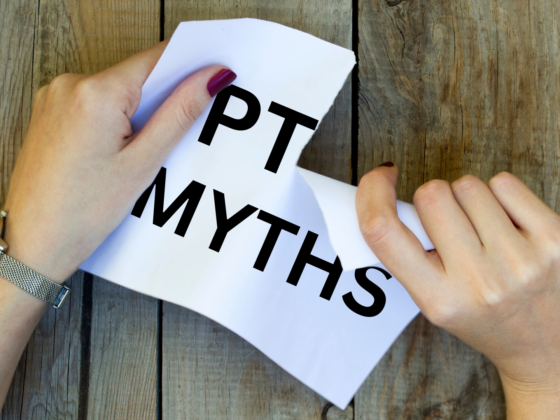Chronic UTIs, bacterial vaginosis and yeast infections can occur for a variety of reasons.
In order to understand why chronic vaginal infections occur, we need to review the pH scale.
The scale goes from 0-14:
- 0 being acidic
- 7 is neutral
- 14 being alkaline (or basic)
In its natural state, the vagina is more acidic, with a pH of about 4. Changing the pH of the vagina can have a direct effect on the vaginal environment which can cause a variety of symptoms.
Here are a few things that can change the vaginal pH:
- Sperm: This is more basic, ~7 pH. Some may think they are allergic to sperm, but in reality that their vaginal pH is off which is causing a reaction to the sperm.
- Stress: Increased blood sugar
- Soap
- Detergent
- Lube
- Diet: Foods high in sugar
- Douching
- Wet clothing
- Tight clothing: Clothing that traps moisture
- Medications: Like antibiotics
- String from the IUD
- Decreased estrogen: Menopause, breast feeding and taking oral contraceptives decrease estrogen, which decreases acidity (Harvard Health Publishing, 2019)
Decreased acidity in the vagina can cause:
- Dryness
- Yeast infections
- Recurrent UTIs
- Bacterial vaginosis
- Pelvic pain
Maintaining healthy bacteria in the vagina is important in reducing risk of infections.
Lactobacillus is the most dominant bacteria in the vagina (over 70% in asymptomatic reproductive age women). It also produces lactic acid which causes the acidity in the vagina and this is what keeps the vaginal environment in equilibrium. Loss of lactobacillus is linked to chronic bacterial vaginosis (Tachedjian, et al., 2017).
In addition, bacterial vaginosis (BV) can cause issues with fertility.
“Bacterial Vaginosis is three times more common in infertile women than fertile women” (American Pregnancy Association, 2020). BV, and other infections in general, can decrease fertility in a number of ways:
- Increasing inflammation and immune system activity, making a toxic environment for reproduction
- Causing damage to sperm and vaginal cells
- Interfering with the production of healthy cervical mucus during ovulation
- Blocking the fallopian tubes through scar tissue damage from infections, so that sperm and egg can’t meet” (American Pregnancy Association, 2020).
If you are experiencing chronic pelvic infections, you may want to consider looking at some of the suggestions above to see if restoring your normal vaginal pH can help reduce your chronic infections.
Tips to reduce chronic pelvic infections:
- Only wash your vulva and vagina with water
- Try to use unscented detergents without harsh chemicals
- Try a low sugar/carbohydrate diet
- Reduce your stress levels
- Air out your vagina: Try going without underwear to reduce bacterial growth from excessive moisture
- Avoid tight or wet clothing for long periods of time
- Talk to a pharmacist or your physician about a vaginal probiotic, especially if you are taking an antibiotic
- Change out your tampons regularly.
- Don’t douche

As always, you should consult with your physician first.
Written by: Mary Grimberg PT, DPT, OCS
Sources: Harvard Health Publishing. (2019, March). Vaginal yeast infection. Retrieved February 3, 2021, from https://www.health.harvard.edu/a_to_z/vaginal-yeast-infection-a-to-z
Tachedjian, G., Aldunate, M., Bradshaw, C., & Cone, R. (2017, April 20). The role of lactic acid production by probiotic lactobacillus species in vaginal health. Retrieved February 3, 2021, from https://www.sciencedirect.com/science/article/pii/S0923250817300839#bib18
American Pregnancy Association (2020, October). Bacterial vaginosis and fertility. Retrieved February 3, 2021, from https://americanpregnancy.org/getting-pregnant/bacterial-vaginosis-and-fertility-68826/




